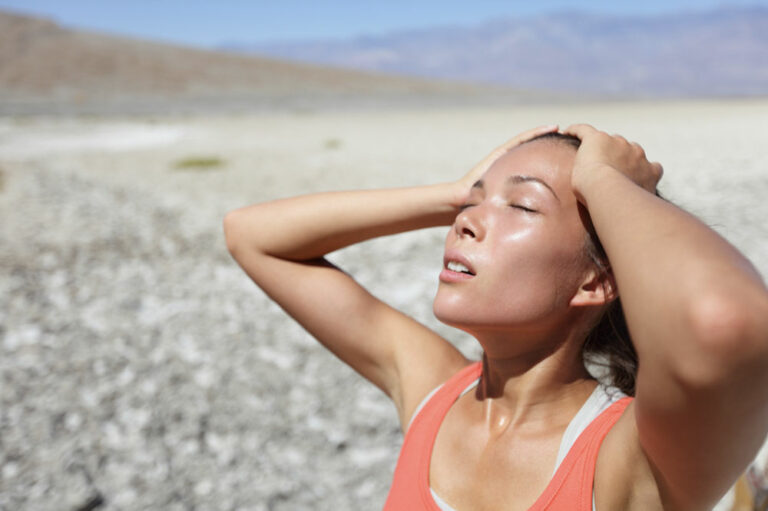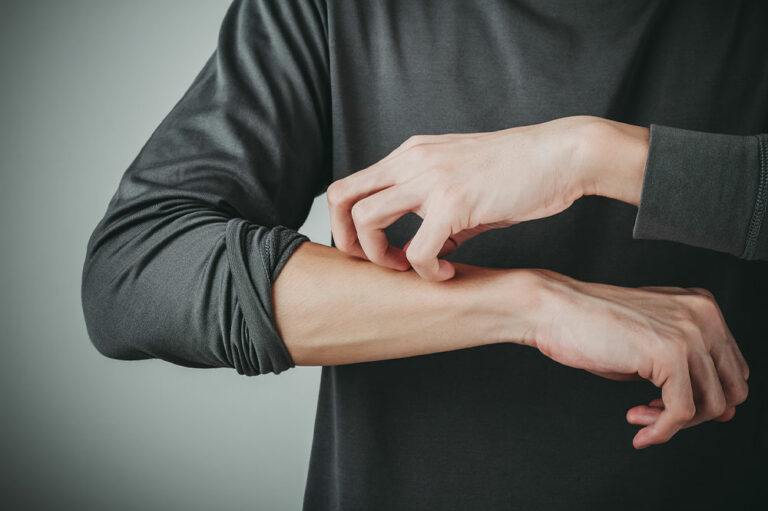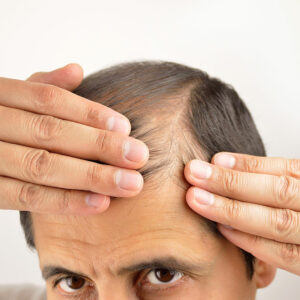
health
8 constipation mistakes to steer clear of
Constipation, characterized by irregular bowel movements or difficulty passing stools, is a common condition that affects many people. It may be accompanied by symptoms like bloating, abdominal pain, and loss of appetite, which add to the discomfort. Various factors, including a lack of fiber in the food, dehydration, specific treatments, and a sedentary lifestyle, can cause constipation. Following are a few mistakes people make when constipated, which worsens their symptoms. Not drinking enough water This is one of the most common mistakes people make when trying to relieve constipation. The stool becomes hard and difficult to pass when the body does not get sufficient water. Experts recommend that individuals drink at least eight glasses of water daily to keep the body hydrated. However, the exact amount of water one needs can vary depending on age and activity levels. Eating fried foods Fried foods like French fries, fried chicken, and onion rings are high in fat and low in fiber. As a result, they can slow down the digestive process, contributing to constipation. Moreover, fried foods are often cooked in oil, which can cause inflammation, increasing the risk of other digestive problems. Therefore, one should limit the intake of fried foods and use healthier cooking methods like grilling, roasting, or baking.
Read More 









